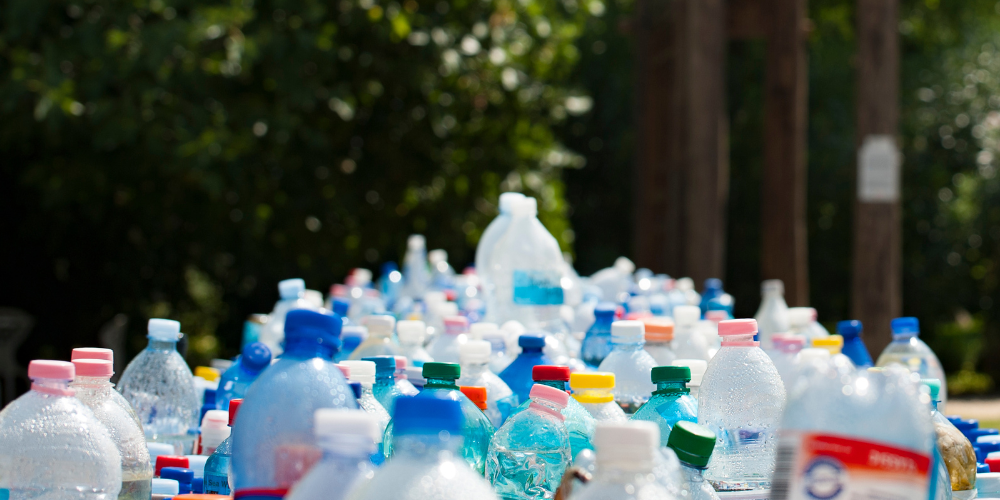
Minimalising the use of plastic is better than recycling
Share
While recycling plastic is an important step towards reducing waste and conserving resources, there are several reasons why it is often considered better to avoid or minimise the use of plastic altogether:
-
Environmental Impact: Plastic production, including the extraction of raw materials and the manufacturing process, contributes to environmental degradation. It involves the consumption of fossil fuels, energy-intensive processes, and the release of greenhouse gases. By reducing plastic consumption, we can decrease the overall environmental impact associated with its production.
-
Plastic Pollution: Plastic waste, especially single-use plastics, is a major contributor to global pollution. Plastics that are not properly disposed of or recycled can end up in landfills, water bodies, and natural environments, causing harm to wildlife and ecosystems. By reducing plastic consumption, we can help mitigate plastic pollution and its detrimental effects on the environment.
-
Resource Conservation: Plastic is derived from non-renewable fossil fuel sources such as petroleum and natural gas. By reducing plastic consumption, we can conserve these valuable resources and promote a more sustainable use of finite resources.
-
Energy and Water Usage: The recycling process itself requires energy and water. While recycling plastic is beneficial compared to sending it to landfills, it still requires resources for collection, sorting, transportation, and processing. By minimising plastic consumption, we can reduce the overall energy and water requirements associated with plastic production and recycling.
-
Health and Safety Concerns: Certain types of plastics may contain potentially harmful chemicals that can leach into food, beverages, or the environment. By reducing plastic usage, particularly in food packaging and storage, we can reduce the potential risks to human health and safety.
It is important to note that while reducing plastic consumption is beneficial, some plastic products have practical uses and benefits. In such cases, using recycled plastics can be a more sustainable option. Additionally, advancements in recycling technologies and the development of biodegradable and compostable plastics are being explored to further improve the environmental impact of plastic use.
Ultimately, a comprehensive approach that combines reduction, reuse, recycling, and the development of sustainable alternatives can help address the environmental challenges posed by plastic waste.










